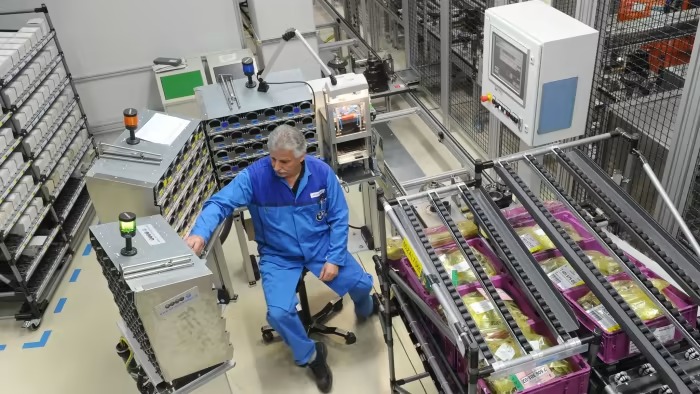Germany’s New Pension Reforms: 6 Key Facts to Know
The German pensions system is set for a major overhaul, with a new focus on investments. This move, spearheaded by the traffic-light coalition, is expected to have significant implications for foreigners living and working in Germany. In this article, we will explore the key changes and their impact on expatriates. The current German pensions system is primarily based on a pay-as-you-go model, where current workers contribute to the pensions of retirees. However, with an aging population and increasing life expectancy,...










